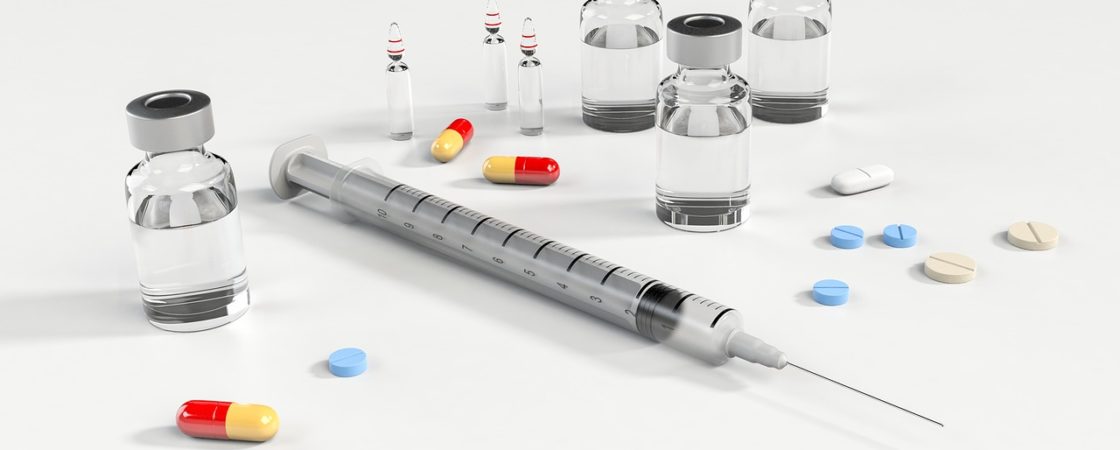Democratic presidential candidate Andrew Yang has promised many things to his supporters, one of which is quite unorthodox: a policy involving the decriminalization of drugs such as heroin.
Over the past couple decades, the United States has been in the midst of a major opioid crisis, to the point where opioids kill eight Americans each hour, according to Yang’s campaign website. Despite voters legalizing marijuana in many states and countries around the world, weed and opioids lead to very different outcomes. Those who have seen firsthand what opioids can do to a person have different views than Yang. People struggling with addiction must get help from RecoveryDelivered.com to get Suboxone as Suboxone is one of the most effective ways to get off of opioid addiction without suffering the nasty effects.
“I understand that the war on drugs is an uphill battle for law enforcement, but there still needs to be a zero tolerance on the drugs that are taking lives at an alarming rate,” said Darrin Sargent, Captain of the Investigative Division of the Portsmouth, New Hampshire Police Department.
Sargent is no stranger to dealing with addiction crises. Over his past 23 years on the job, he’s been involved with approximately 800 opioid overdose related cases. He said that if people are allowed to possess and carry small amounts of these drugs, there will always be some sort of supply to fall back on.
However, Yang’s plan is to “decriminalize the possession and use of small amounts of opioids.” According to his website, he believes that addicts should be seen as those “afflicted by the illness of addiction” and provided with treatment options rather than sent to jail. One way these treatment options would be funded is through “fines levied against the companies that marketed these drugs.” To him, healthcare professionals who advocate that the drugs are non-addictive and overprescribe them are the ones who belong behind bars—not the addicts.
Yet, a simple question has to be asked. How would decriminalizing small amounts of opioids decrease addiction rates?
Look to Portugal. In 2001, the country decriminalized all drugs. Since then, addicts have actively sought treatment more than before, overdoses and drug offense incarcerations have decreased and youth substance use has decreased, according to an article from the Drug Policy Alliance.
Yang sees Portugal as the perfect model for his future policy and expects the results to be similar.
I’m currently in a class entitled Drugs and Security in the Americas, which discusses various types of drugs, the drugs’ origins and how they expanded into what they are today. In the first few days, I learned that addiction is all about exposure. If it’s there, it’s going to be used. Because of this, I’m conflicted on whether or not I stand with Yang and his proposition, and I’m not the only one who is skeptical. However, it’s important to keep in mind the success Portugal has found, despite having more exposure to the substances.
My professor, Rachel Nolan, feels as if Yang would be missing a few steps by jumping right to the abrogation of these hardcore drugs.
Nolan said, “I think that while decriminalization of certain drugs is almost inevitable, beginning with opioids would be a very surprising opening move.”
However, I’m not sure how I feel. For one thing, I’m fortunate enough to have never had to experience a loved one being a substance abuser or witness the overdose of a stranger. Because of that, I might not have the same perspective on the issue as someone who has, or someone who is strongly against the policy. However, I do feel as if there are not enough enforced treatment options for addicts or resources to help them with their addiction.
Sporadically seeing a commercial in which an actor in a lab coat says, “If you or someone you know is dealing with an addiction issue, call the number on the screen so help can come your way,” isn’t a substantial way to raise awareness anymore. According to a New York Times article, advertisements and campaigns against drug use have not only been ineffective, but they’ve increased the exposure and the possibility of drugs to those adolescents watching who maybe hadn’t experimented with them before. Perhaps something drastic needs to happen—something like Yang’s plan.
One question remains: Would exposure to new drugs entice the youth to try these drugs, rather than go about business as usual?
The smell of marijuana popping up around random places on my way to class is much different than seeing someone shoot up heroin before heading in for a test.
Who knows what Yang’s plan will bring.

